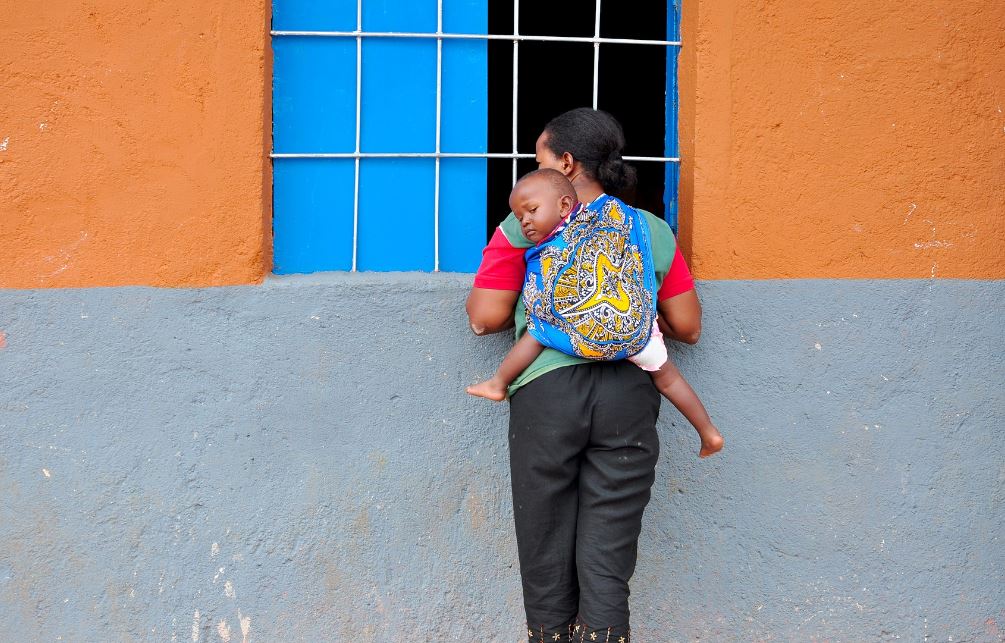
Women in low and medium-income countries struggle with many health issues in pregnancy and childbirth, but little attention is given to antenatal depression – which is on the rise in many developing countries, a new PLOS ONE paper shows.
A study by Flinders University public health researchers found rising levels of reported antenatal depression in these countries, and recommends more services are urgently needed – particularly in low-income economies.
“Depression during pregnancy is often believed to be an issue of developed countries,” says biostatistician Abel Fekadu Dadi, who led the systematic review and analysis of antenatal depression levels in low and middle-income countries.
“From the study, we found 34% and 22.7% of pregnant women in low and middle-income countries respectively had depression symptoms during pregnancy,” says Mr Dadi, who is also affiliated with the Institute of Public Health at the University of Gondar, Ethiopia.
“Moreover, compared to non-depressed pregnant women, depressed women had respective rates of 2.41 times and 66% higher risk of preterm birth and low birth weight.
“We found that antenatal depression is highly prevalent and increases over the duration of pregnancy. We also noted increases in prevalence over the last 10 years.”
Antenatal depression has detrimental effects on the physical, psychological, mental, and overall wellbeing of mothers and newborn babies, he says, stressing more must be done to raise awareness with health practitioners and policy-makers in developing economies.
“It is vital for these governments to address women’s mental health issues before and during pregnancy to improve health outcomes for both mothers and babies, and contribute to socio-economic development and Sustainable Development Goals,” says co-author Associate Professor Lillian Mwanri, from the Flinders College of Medicine and Public Health.
Key findings include:
• One in three (34%) and one in five (22.7%) pregnant women in low-and middle-income countries, respectively had depression.
• Having depression during pregnancy increased the risk of low birth weight and preterm births. Severe depression is known to directly lead to suicide in women during pregnancy or after birth – and to neonatal, infant and child mortality.
• A poor obstetric history, previous episodes of common mental disorders, poor social support, financial difficulties, a history of exposure to violence (during pregnancy or earlier), and unsatisfactory relationships were factors that increased chances of depression.
• Low-cost interventions such as psychotherapy services at maternity clinics – and relationship and partner support advice – are among the social and health system interventions badly needed in these countries.
The research article, ‘: A systematic review and meta-analysis’ (January 2020) by AF Dadi, ER Miller and L Mwanri. DOI: 10.1371/journal.pone.0227323 https://doi.org/10.1371/journal.pone.0227323
For the current 2020 fiscal year, low-income economies are defined as those with a Gross ³Ô¹ÏÍøÕ¾ Income (GNI) per capita, calculated using the World Bank Atlas method, of $1,025 or less in 2018. Lower middle-income economies are those with a GNI per capita between $1,026 and $3,995; upper middle-income economies are those with a GNI per capita between $3,996 and $12,375; high-income economies are those with a GNI per capita of $12,376 or more.








